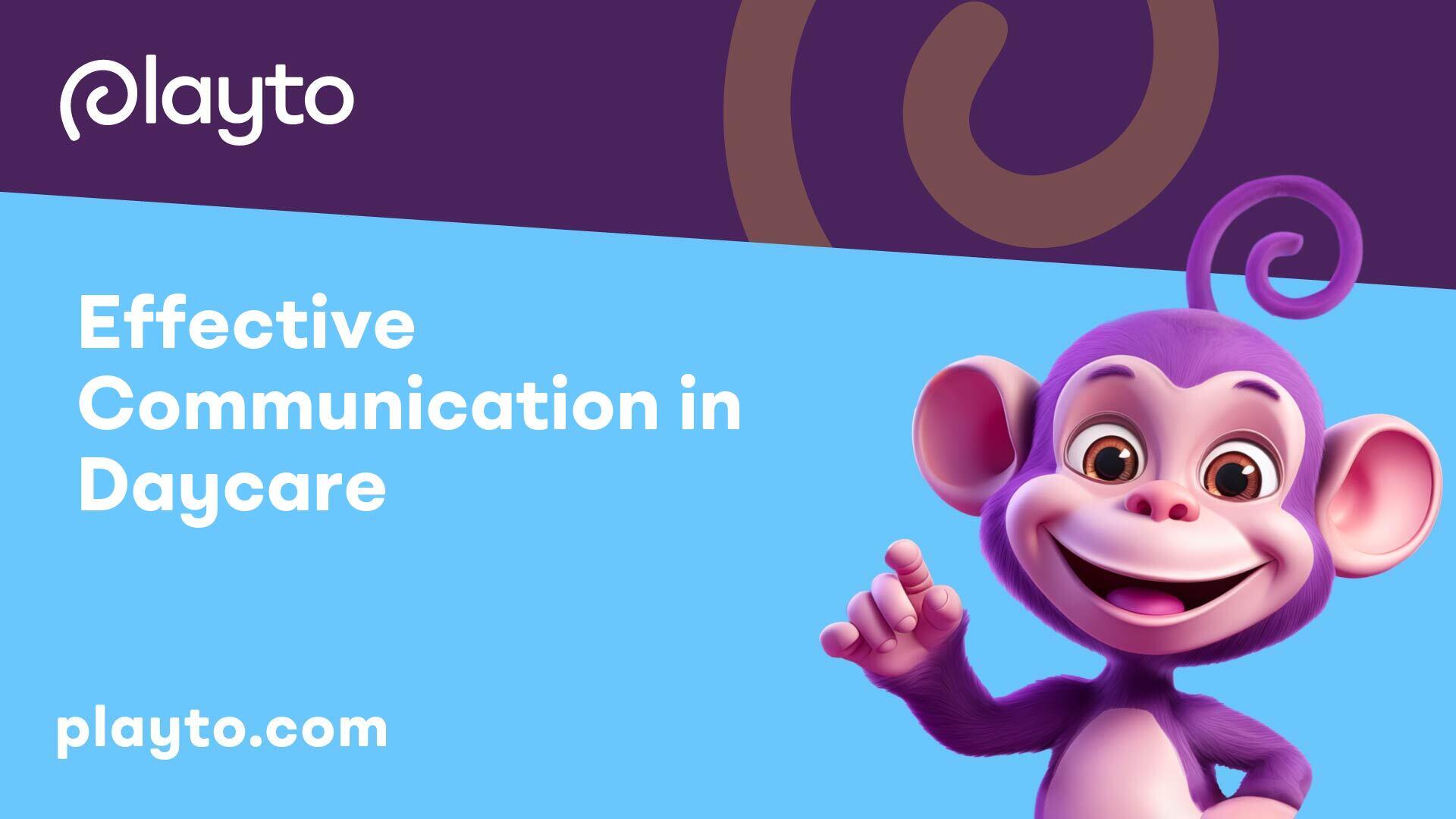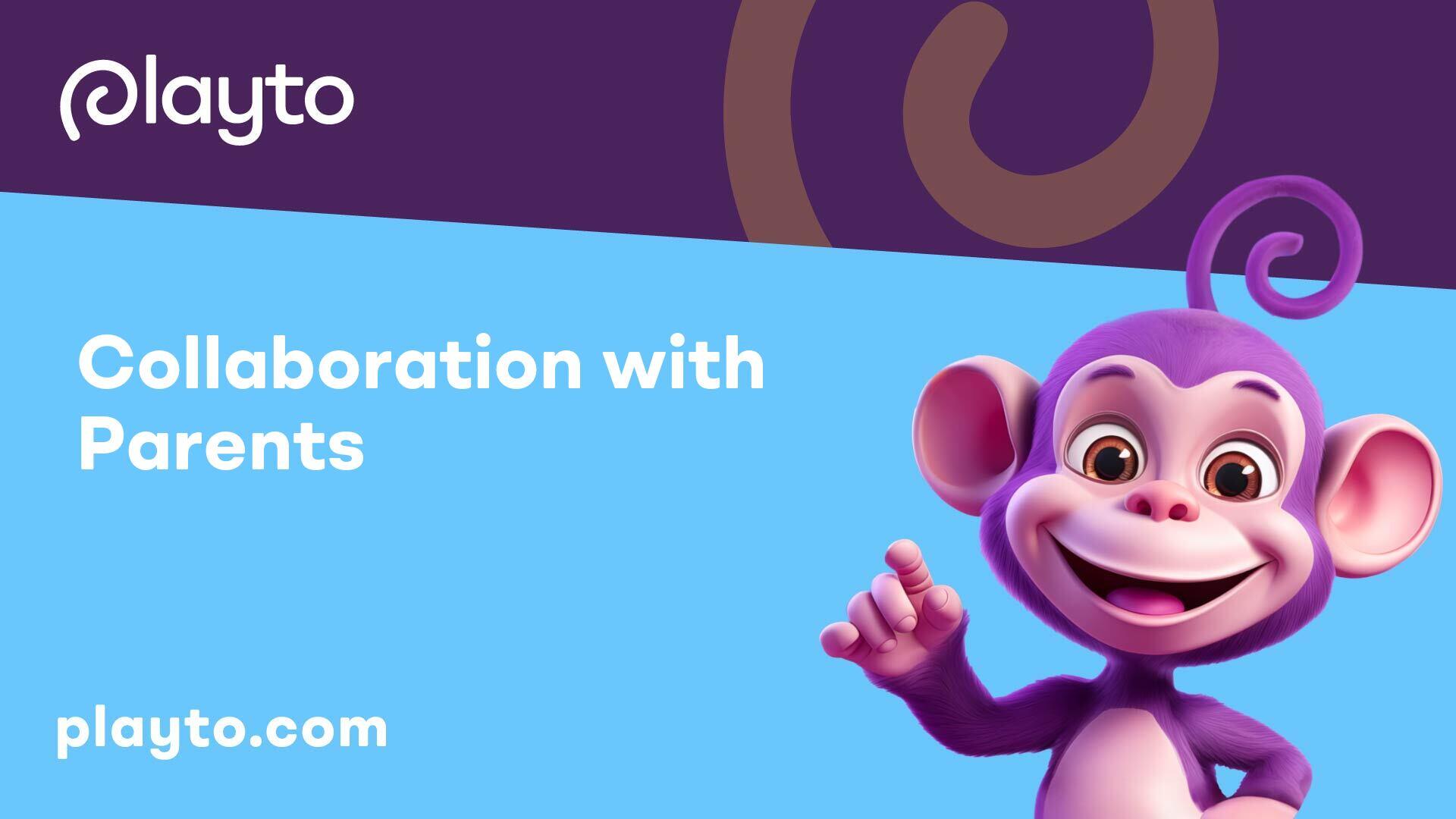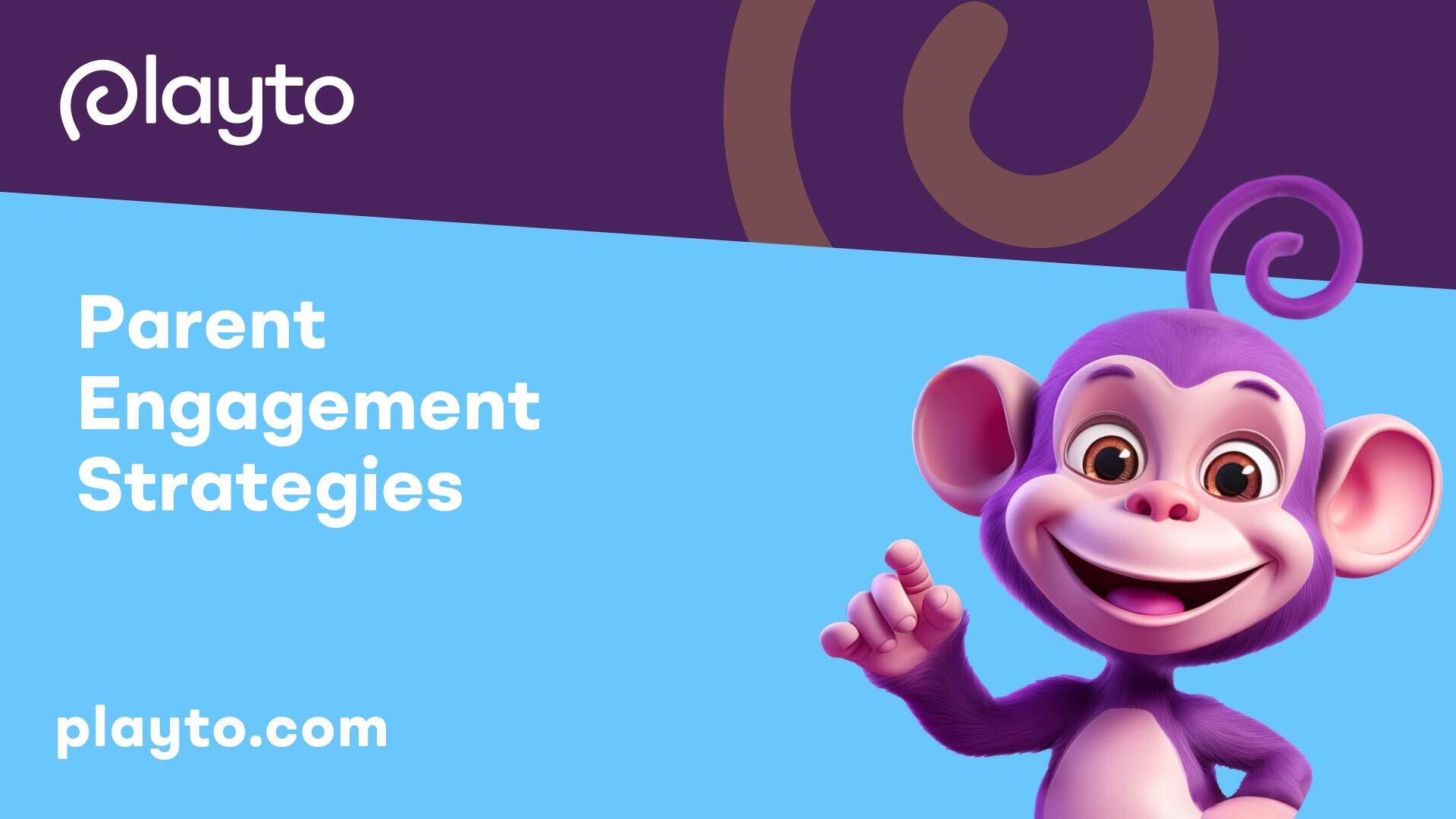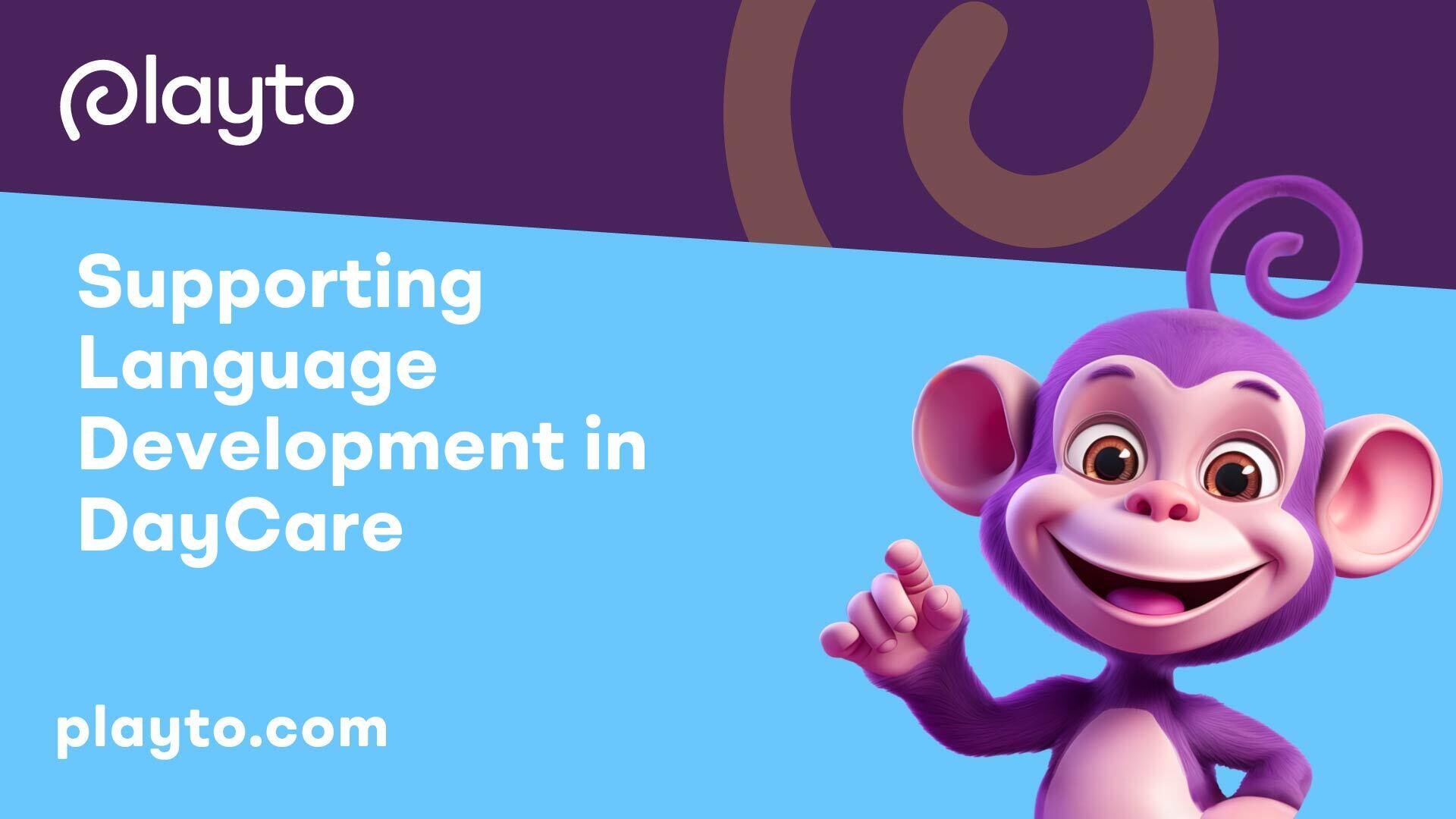
Effective Communication in Daycare
In a daycare setting, fostering effective communication plays a vital role in supporting the development of children, especially when it comes to supporting language diversity and implementing flexible communication strategies catered to the needs of diverse families.
Supporting Language Diversity
To promote inclusivity and accommodate families with diverse linguistic backgrounds, daycare centers must take proactive steps to ensure effective communication. This can involve hiring staff who speak multiple languages or providing translation services to bridge any language barriers. Making special arrangements for prompt and clear communication with linguistically and culturally diverse families is essential to creating a welcoming environment for all. For more tips on supporting language diversity, check our article on the importance of sensory play.
Flexible Communication Strategies
In today's digital age, not all families have equal access to technology, posing a challenge for receiving digital communications from daycare centers. To address this issue, daycare providers need to adopt flexible communication strategies that cater to families with limited technology access. This may include utilizing various communication channels such as phone calls, flyers, or in-person meetings to ensure that all families stay informed and engaged. Additionally, being open to feedback and suggestions from parents fosters a collaborative approach to communication. For further guidance on communication strategies, refer to preparing kids for school transitions.
Building trust and establishing effective two-way communication channels with parents are key components of successful daycare operations. By embracing language diversity and adapting communication methods to suit the needs of all families, daycare centers can create a supportive and inclusive environment where every child's language development is nurtured and valued.

Collaboration with Parents
Building a strong collaborative relationship between daycare centers and parents is essential for the holistic development of children. This partnership fosters a supportive environment where shared goals and effective communication play a central role.
Shared Development Goals
To achieve optimal outcomes for children, it is crucial for daycare providers and parents to align on shared development goals. By working together to establish common priorities and benchmarks for the child's growth and progress, a collaborative relationship is formed that focuses on the child's well-being and advancement in all areas of development. This collaboration not only benefits the child but also ensures that parents are active participants in their child's early education journey.
Two-Way Communication Channels
Effective communication is the cornerstone of successful collaboration between daycare providers and parents. Establishing two-way communication channels is vital in enabling the sharing of information, updates, concerns, and feedback between both parties. This open line of communication allows parents to stay informed about their child's daily activities, progress, and any notable events at the daycare center.
In a diverse community like New York, where families may have varying levels of access to technology, daycare centers need to adopt flexible communication strategies to accommodate the needs of all parents. Whether through digital platforms, in-person meetings, or traditional communication methods, the goal is to ensure that every parent feels included and informed.
By fostering a culture of collaboration through shared development goals and maintaining open and accessible two-way communication channels, daycare centers and parents can work together as partners in supporting the language development and overall well-being of children in their care. This collaborative effort contributes to creating a nurturing and enriching environment where children can thrive and reach their full potential.

Parent Engagement Strategies
In the realm of daycare, establishing strong connections with parents is vital for the overall development of children. Two key strategies in parent engagement include newsletters and updates along with the importance of active listening.
Newsletters and Updates
Regular communication with parents through newsletters and updates is a cornerstone of effective parent engagement in daycare settings. Sending a weekly or monthly newsletter to parents with program updates keeps them informed about events, closures, news, and updates from the child care center, contributing to effective communication and parent engagement [1]. This transparent flow of information helps parents stay connected with their child's daily activities and progress within the daycare environment.
Benefits of Newsletters and Updates
By regularly sharing newsletters and updates, daycare centers can strengthen their relationships with parents and create a supportive community focused on the well-being and development of the children in their care.
Importance of Active Listening
Active listening plays a fundamental role in cultivating effective communication and building trust between educators and parents in childcare settings. It demonstrates that educators value parents' opinions, ideas, and insights, encouraging an ongoing open line of communication [2]. By actively listening to parents, caregivers show empathy and respect, fostering a collaborative partnership focused on the child's growth and development.
Implementing active listening practices in daycare centers involves genuinely focusing on what parents have to say, acknowledging their perspectives, and responding thoughtfully. This two-way communication approach empowers parents to share information about their child, provide feedback, and actively participate in their child's educational journey. Creating a supportive environment where parents feel heard and valued enriches the overall daycare experience for both families and educators.
Incorporating newsletters and updates along with active listening into parent engagement strategies can enhance the quality of communication, strengthen relationships, and promote a collaborative partnership between daycare centers and parents, ultimately benefiting the holistic development of children under their care.
Building Trust and Relationships
In the realm of daycare, establishing trust and fostering strong relationships with parents are fundamental elements that contribute to the overall success of the childcare program. This section will focus on strategies to establish trust and the importance of proactive communication efforts in daycare settings.
Establishing Trust
Building trust with families is a cornerstone of effective communication in daycare. Trust serves as the foundation for ongoing dialogues about student concerns and solutions between educators and parents [2]. By demonstrating reliability, transparency, and empathy, daycare providers create a welcoming environment that encourages open communication and collaboration.
One way to cultivate trust is by maintaining a consistent line of communication with parents. This can involve sharing regular updates on their child's progress, discussing any challenges or achievements, and soliciting feedback to ensure that the child's needs are being met. By engaging in proactive and transparent communication practices, daycare providers can foster a sense of partnership with parents and demonstrate their commitment to the child's well-being.
Proactive Communication Efforts
Effective communication in childcare involves more than just conveying information; it requires proactive engagement with parents to establish a strong bond. By reaching out to parents when children achieve milestones or connecting during significant family events, educators can strengthen the relationship and build trust. This proactive approach demonstrates a genuine interest in the child's development and well-being, fostering positive relationships between educators and families.
Implementing two-way communication channels between parents and daycare centers is essential for sharing information, updates, concerns, and feedback. By providing avenues for parents to express their thoughts and opinions, daycare providers can ensure ongoing satisfaction and effective collaboration. Whether through in-person meetings, phone calls, or digital platforms, creating a dialogue that encourages active participation from both parties enhances the quality of care and support provided to the children.
By prioritizing trust and proactive communication efforts, daycare providers can create a supportive and nurturing environment that benefits both the children in their care and their families. Establishing strong relationships based on trust and open communication lays the groundwork for successful partnerships between educators and parents, ultimately contributing to the positive development and well-being of the children in the daycare program.
Impact of Quality Daycare Programs
Quality daycare programs play a pivotal role in shaping the social and emotional development, cognitive growth, and school readiness of children. These programs provide a nurturing and stimulating environment that supports children in various aspects of their development.
Social and Emotional Development
Enrolling children in high-quality daycare centers can have a profound impact on their social and emotional development. According to Cadence Education, such programs can lead to higher levels of empathy, resilience, and prosocial behavior later in life. Children learn essential social skills like sharing, turn-taking, negotiating, and positive communication through play and interactions with peers in daycare settings.
Quality daycare programs create a supportive and inclusive atmosphere where children feel valued and accepted. This, in turn, fosters positive relationships with caregivers and peers, encouraging emotional growth and a sense of belonging.
Cognitive Growth and School Readiness
Daycare centers that focus on child development play a crucial role in enhancing cognitive growth and preparing children for school. These programs offer structured activities that stimulate cognitive development and promote pre-literacy skills necessary for kindergarten. By engaging in activities that encourage critical thinking, problem-solving, and creativity, children develop a love for learning and exploration.
The nurturing environment provided by quality daycare programs also helps children build a strong foundation for academic success. Through interactive and play-based learning experiences, children develop essential skills such as early literacy, numeracy, and language development, laying the groundwork for their future academic achievements.
Moreover, daycare programs support children's school readiness by helping them acclimate to structured routines, develop independence, and adapt to new learning environments. By learning to follow instructions, collaborate with peers, and engage in age-appropriate tasks, children gain the confidence and skills needed to thrive in a school setting.
By enrolling children in quality daycare programs that prioritize social and emotional development, cognitive growth, and school readiness, parents can provide their children with a solid foundation for lifelong learning and success. Through positive and enriching experiences in daycare, children can develop the skills, attitudes, and behaviors that will benefit them not only during their early years but throughout their academic journey and beyond.
Language and Communication Development
In a daycare setting, supporting language development and encouraging independence and confidence are key aspects of fostering a nurturing environment for children's growth. By focusing on language and communication development, daycare centers play a vital role in laying the foundation for children's future academic success and social interactions.
Supporting Language Development
Daycare centers are pivotal in providing a conducive environment for children to enhance their language skills. Through interactive activities, storytelling, and conversations, children are exposed to language-rich experiences that help them expand their vocabulary and improve their communication abilities. It is essential for caregivers to engage children in meaningful dialogue and encourage them to express themselves freely to promote language development effectively.
One of the proven benefits of quality daycare programs is the positive impact on children's social and emotional development. By fostering a supportive and language-rich environment, daycare centers contribute significantly to children's language acquisition and communication proficiency.
Encouraging Independence and Confidence
In addition to supporting language development, daycare centers also focus on encouraging independence and building confidence in children. Through age-appropriate tasks and activities, children are empowered to take on responsibilities, make choices, and develop a sense of autonomy. This fosters self-esteem and resilience, which are essential for overall well-being and future success.
By promoting independence, daycare centers help children develop essential life skills and become self-reliant individuals. This sense of autonomy not only boosts children's confidence but also enhances their problem-solving abilities and decision-making skills.
Incorporating language and communication development initiatives along with activities that encourage independence and confidence into daily routines at daycare centers creates a holistic learning environment for children. This comprehensive approach plays a vital role in shaping children's overall development and preparing them for future educational and social endeavors.
Importance of Caregivers in Language Development
Caregivers play a vital role in nurturing the communication and language skills of infants and toddlers in daycare settings. By creating responsive learning opportunities and engaging learning experiences, caregivers can significantly impact the language development of young children.
Responsive Learning Opportunities
According to Virtual Lab School, caregivers can promote language development by creating environments that encourage responsive interactions. This entails actively engaging with children through conversations, storytelling, and verbal interactions tailored to each child's needs. By responding to children's cues and communication attempts, caregivers foster a supportive and language-rich atmosphere that facilitates linguistic growth.
One effective way caregivers can provide responsive learning opportunities is by incorporating media literacy into daily activities. Through age-appropriate media exposure, children can develop essential communication skills and become effective communicators in today's digital age. By leveraging various forms of media, caregivers can enhance language acquisition while promoting creativity and critical thinking.
Engaging Learning Experiences
Creating engaging learning experiences is key to fostering language development in daycare environments. By designing activities that stimulate language use and interaction, caregivers can enhance children's communication skills and vocabulary acquisition. Through storytelling, role-playing, and group discussions, caregivers can provide opportunities for children to practice and refine their verbal expression.
As highlighted by Virtual Lab School, caregivers should intentionally structure environments that offer frequent and diverse language experiences. By incorporating both spoken and written language opportunities into daily routines, caregivers can immerse children in a language-rich environment that supports their linguistic development.
To further support language development, caregivers can collaborate with speech-language pathologists (SLPs) certified by the American Speech-Language-Hearing Association (ASHA) to provide clinical services to children with communication needs. At institutions like the Kennedy Krieger Institute (Kennedy Krieger Institute), children can access specialized programs tailored to their individual communication, oral motor, and feeding/swallowing challenges.
Through a combination of responsive learning opportunities, engaging experiences, and collaboration with clinical professionals, caregivers can significantly impact the language development of children in daycare settings. By nurturing language skills from an early age, caregivers lay the foundation for effective communication, literacy, and social interaction as children progress through their developmental milestones.
Certifications for Daycare Managers
In the realm of daycare management, acquiring the right certifications is essential for ensuring a high standard of care and education for children. Daycare managers play a pivotal role in supporting language development, fostering educational growth, and creating enriching learning environments. Let's explore some of the essential certifications that daycare managers in New York should consider obtaining.
Essential Certifications
- Certified Preschool Director: This certification is highly regarded for daycare managers, setting the foundation for a successful career in supporting educational growth and fostering student engagement in a dynamic learning environment [3]. As a Certified Preschool Director, individuals are equipped with the knowledge and skills necessary to lead preschool programs effectively, promote language development, and create nurturing environments for children's holistic development.
- Director's Credential: The Director's Credential is another significant certification that daycare managers should strive to attain. This credential plays a crucial role in nurturing young minds, fostering growth, and curiosity in a safe, engaging environment. Daycare managers with a Director's Credential demonstrate a deep understanding of child development principles and are well-equipped to support language development initiatives in daycare settings.
- Early Childhood Education Leadership Certification: A certification in Early Childhood Education Leadership is paramount for shaping young minds, fostering creativity, and curiosity in the early learning journey. This certification is vital for supporting language development in daycare, as it equips daycare managers with the necessary tools to create language-rich environments that stimulate children's communication skills.
Fostering Educational Growth
- Child Development Associate (CDA): The CDA certification is highlighted as a key qualification for daycare managers, emphasizing the importance of nurturing young minds and fostering growth and curiosity in early learning stages, crucial for language development. Daycare managers with a CDA certification demonstrate a commitment to providing quality care and education that promotes language skills and overall development in children.
- National Administrator Credential (NAC): Obtaining the NAC certification is a valuable achievement for daycare managers in New York. This credential plays a pivotal role in supporting educational growth and fostering student engagement in a dynamic learning environment, which are fundamental aspects of promoting language development in daycare settings [3]. Daycare managers with an NAC certification are equipped to lead and manage daycare facilities effectively, creating environments that nurture language skills and cognitive development in children.
By acquiring these essential certifications, daycare managers in New York can enhance their knowledge, skills, and competencies in supporting language development, fostering educational growth, and creating enriching environments that promote children's overall development and school readiness.
References
[1]: https://www.procaresoftware.com/blog/10-parent-communication-strategies-in-child-care/
[2]: https://www.cceionline.com/how-to-promote-effective-communication-in-childcare/
[3]: https://www.tealhq.com/certifications/daycare-manager
